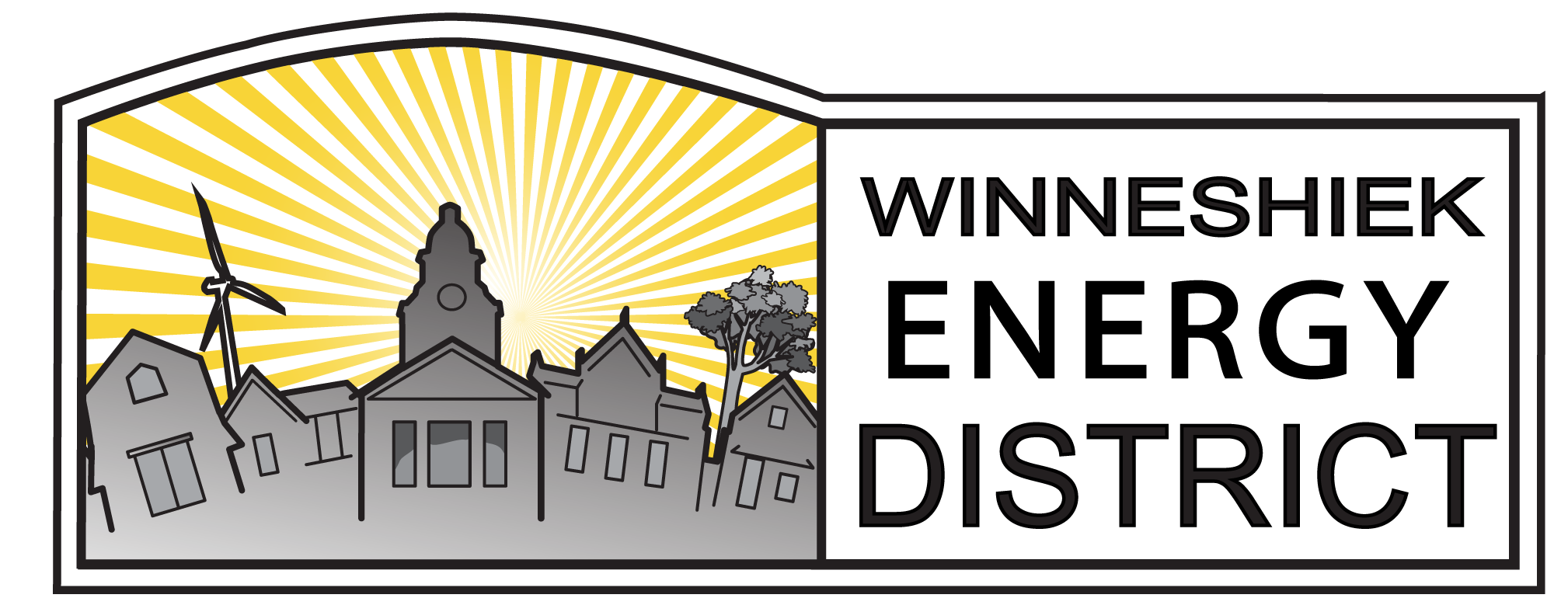Preparing for High Heating Costs
by Paul Cutting, Energy Planner
High energy bills are expected this year. (Read this article for an analysis of why.) What can you do to get ready? First of all, go after all the low hanging fruit like air sealing and making sure your furnace is in good working order.
Generally speaking, the biggest sources of air intrusion/extrusion through a house are the basement and attic. In the basement, make sure plates and joist-foundation interactions are tight and sealed, that basement windows aren’t leaky, and that any existing unused chimneys are properly sealed. At the top of the house, make sure light fixtures, attic hatches, and any obvious and accessible building system protrusions into the attic are properly sealed.
Check your exterior doors to make sure sweeps are functioning properly, and that weatherstripping along the sides sit tight against the closed door. If your windows are old and drafty, consider rope caulk, a rolled, stiff, caulk-like product that can be pushed into the sash-stops and meeting rails. It works beautifully, is cheap at about $2 a roll, and doesn’t leave residue when you remove it in the spring. And of course there’s the old window film treatment.
Make sure your furnace is in working order and that its filter is replaced. A new furnace filter will both improve indoor air quality and overall system efficiency.
Beyond the low hanging fruit, consider having the Winneshiek Energy District conduct a first-step home audit. Depending on your location, age, and household financial status, we might be able to provide this service for free. We’ll use a blower door to find specific leaks, change your light bulbs, and identify opportunities for efficiency improvements. We can also conduct more thorough and comprehensive home energy audits and plans for a fee.
If you find yourself falling behind on your electric and gas bills, reach out to Alliant and Black Hills to set up payment arrangements and extensions. And remember, under Iowa law, utilities are prohibited from disconnecting you from service from November 1 until April 1, regardless of your bill payment status.
If you’re a renter or homeowner, and are at or below 200% of federal poverty income guidelines, you’re likely eligible for payment assistance, energy crisis assistance, and weatherization and energy-related home repairs through the Low Income Home Energy Assistance Program. For more information contact the folks at Northeast Iowa Community Action.
The Inflation Reduction Act
Longer term, we’re really excited about several consumer rebate programs and tax credits available through the recently enacted Inflation Reduction Act. The High-Efficiency Electric Home Rebate Act will provide folks making up to 150% of the area median income level (which for an Iowa household of two is up to $91,220) up to $14,000 in assistance installing heat pumps for space heating and water heating, induction stoves, heat pump clothes dryers, new electrical breaker boxes, wiring, and insulation. The Home Energy Performance-Based Whole-House Rebate Act will help income qualifying and non-income qualifying households with assistance up to $8,000 to lower overall energy use. But unfortunately, both of these programs will not be available till sometime next year, and definitely after the coming heating season.
The Inflation Reduction Act also contains several tax credits, including credits for heat pumps for both space and water heating, new windows and doors, electrical breaker boxes, solar, battery storage and electric vehicles. And like the rebate programs, most of these will not be available until January 1, 2023.
